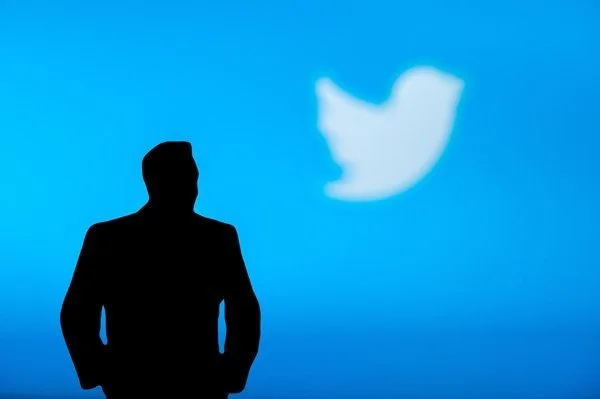Wonder Women
In 1972, Ms. magazine published its first issue — featuring on its cover the Hindu goddess Kali depicted as an over-taxed housewife. And in India, an exploding national film industry was challenging ideas about gender roles and social norms. Two guests join us live to discuss the feminist landscape in print and at the movies.
Twitter Pill
A former editor and columnist turned media scholar discusses Black Twitter, a community that fueled a movement for racial justice and the end of police brutality. And she explains what this story has to say about the need for reparative journalism.
Broken News
More than half of American newspapers are now controlled by financial firms. And while media moguls wring more from smaller staffs to squeeze out bigger profits, journalism hangs in the balance. Two seasoned j-profs share their hopes for the news business in the 21st century.
Criminal Laws
University of Virginia historian Deborah Kang unpacks the racist history behind American immigration law. Plus, two federal public defenders tell us how they’re fighting back against a discriminatory system in court — and winning.
Digital Wasteland
According to Syracuse University media scholar Whitney Phillips, information pathways run as deep and interwoven as the roots of redwood trees, and when they’re contaminated it threatens the whole forest.
Illiberal Media
Government by the people can’t work without getting reliable information in the hands of the people. So when disinformation artists hijack the media, democracy itself is put at risk. On this debut episode of Democracy in Danger, political historian Nicole Hemmer joins hosts Will Hitchcock and Siva Vaidhyanathan to explore the roots of the powerful right-wing media in America, and their influence on Republican politics. How did the party of Abe Lincoln and Teddy Roosevelt become the house of Trump and Breitbart?







